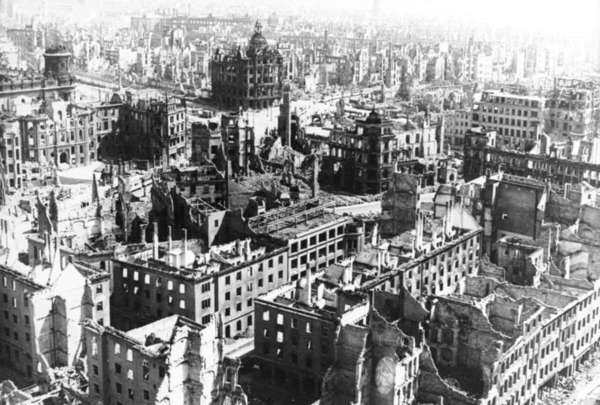Kurt Vonnegut and Germany
- 11. April 2017 - Emigration, German-American, Germany, Historical Events, Literature, Personalities, WWII
On 11 April 2007, author Kurt Vonnegut died in New York. Born on 11 November 1922 as the youngest of three siblings in Indianapolis, Vonnegut was a fourth-generation German-American. Both of his parents, his father Kurt Vonnegut Sr. and his mother Edith Lieber, descended from German emigrants, that arrived in America in the 19th century. Vonnegut’s paternal great-grandfather, Clemens Vonnegut Sr., came from Münster, Germany and founded Vonnegut Hardware Company in Indianapolis. His maternal great-grandfather, Peter Lieber, was from Düsseldorf, Germany. In Indianapolis he bought a brewery together with his brother and another business partner, it was called P. Lieber & Co. Later it became the Indianapolis Brewing Company that was very successful for some time. Although Kurt Vonnegut’s parents both spoke German, he didn’t learn the language – probably due to anti-German feelings after World War I.
In 1943, Vonnegut enlisted in the United States Army. On 22 December 1944 during the Battle of the Bulge, he was imprisoned by the Germans and was later detained in Dresden. There he was sleeping in a slaughterhouse (Schlachthof fünf – Slaughterhouse five) and working in a factory producing syrup for pregnant women. He survived the Allied bombing of Dresden in February 1945 and was afterwards deployed by the Nazis to recover bodies in the destroyed City.
Vonnegut is known for his novel „Slaughterhouse-Five or The Children’s Crusade“, released in 1969, that describes amongst others the bombing of Dresden in February 1945 that he witnessed as a prisoner of war. The book soon became a bestseller, partly due to the anti-war feelings in the course of Vietnam War.
The air raids on Dresden and their military purpose are subject to controversial debate. The city was destroyed almost completely and lots of people lost their lives. Precise numbers are subject to controversial debate themselves. In the past, hundred thousands were reported, today up to 25.000 people seem to be more realistic. In any case the destruction of Dresden is an example for the cruelty of war.
Ancestry provides Dresden death records for the years 1876-1952. This includes deaths relating to the offensive.



0 comments